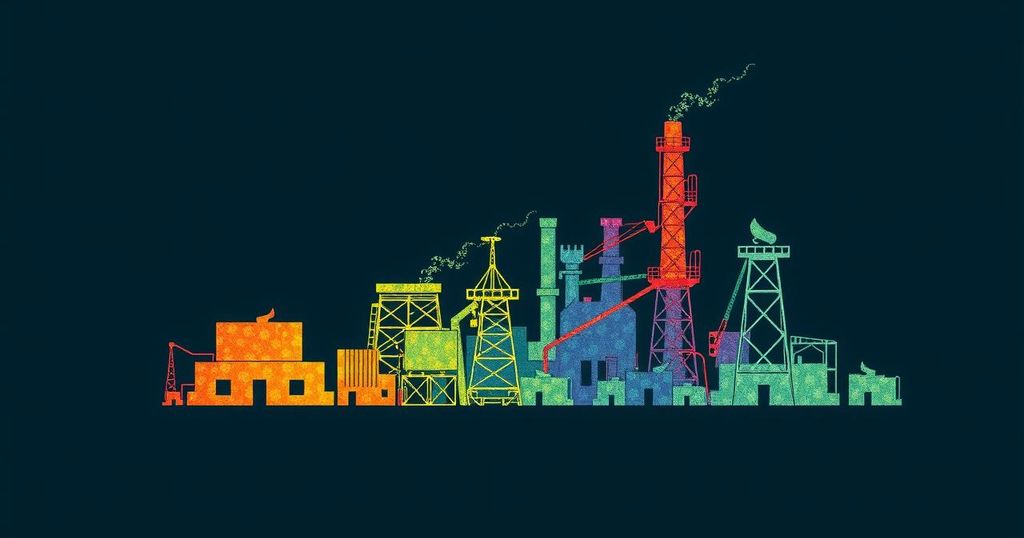Taxing Big Oil: A Necessary Step for Climate Justice and Financial Equity

At COP29 in Baku, the urgent question of financial responsibility for climate loss and damage was addressed. A proposed tax on seven major oil and gas companies could potentially increase the UN Fund for Responding to Loss and Damage by over 2000%. This Climate Damages Tax aims to hold fossil fuel companies accountable for their role in the climate crisis and provide essential resources for affected communities, highlighting the necessity of climate justice and innovative financial mechanisms.
At the recent COP29 climate conference in Baku, discussions intensified regarding a new climate finance package, with urgent questions surrounding who bears the financial burden of climate change. As vulnerable communities disproportionately suffer the effects of the climate crisis, a notable solution proposed by Greenpeace International and Stamp Out Poverty is the implementation of a small tax on seven major oil and gas corporations, potentially increasing the UN Fund for Responding to Loss and Damage by more than 2000%. Taxing the significant revenues of these companies could directly offset the financial impacts of extreme weather events linked to climate change.
Specifically, a Climate Damages Tax (CDT) could supplement essential resources for communities and local governments facing climate adversities significantly worsened by fossil fuel companies. In 2023 alone, these companies collectively generated nearly US$150 billion. The suggested taxation framework—a climate damages tax across affluent OECD nations that escalates yearly by US$5 per tonne of CO2 emissions from extracted oil and gas—could yield around US$900 billion by 2030. This newfound revenue could provide vital support for governments and communities combatting the impacts of climate change.
This matter is crucially a question of climate justice, demanding a shift in fiscal responsibility from the victims of climate disasters to those who contribute significantly to the crisis. As global warming continues to challenge countless lives, it is imperative for national governments to introduce and enforce taxes on fossil fuel extraction, thereby holding oil and gas industries accountable for their role in global warming and climate emergency.
The urgency for this transformation is underscored by a recent series of protests led by survivors of extreme weather events alongside Greenpeace activists, who symbolically delivered items representing the losses suffered due to these climate disasters to various energy companies. To enforce accountability, it is essential that all stakeholders vocalize their demand for the cessation of drilling and the implementation of such financial mechanisms to ensure justice and sustainability for affected communities.
The issue of climate loss and damage is increasingly prominent at international climate conferences, particularly as vulnerable populations endure the growing impacts of climate change. These impacts are often exacerbated by fossil fuel industries, prompting calls for corporations, especially oil and gas companies, to contribute financial resources to address the consequences of their activities. With the realization that a small tax on major oil companies could greatly enhance climate finance, discussions at COP29 centered around mechanisms that could ensure climate justice and equitable resource distribution in the face of climate emergencies.
In conclusion, the proposal for a Climate Damages Tax signifies a vital stride towards holding major oil and gas corporations accountable for their substantial contributions to climate change while supporting the victims of climate disasters. As discussions unfold at international forums like COP29, it is increasingly critical for governments to adopt such taxes to secure necessary resources for affected communities, thereby addressing both climate justice and the vital need for action against the climate crisis. The urgent call to action underscores the potential for transformative change when financial obligations are redirected towards those responsible for exacerbating climate issues.
Original Source: www.greenpeace.org






